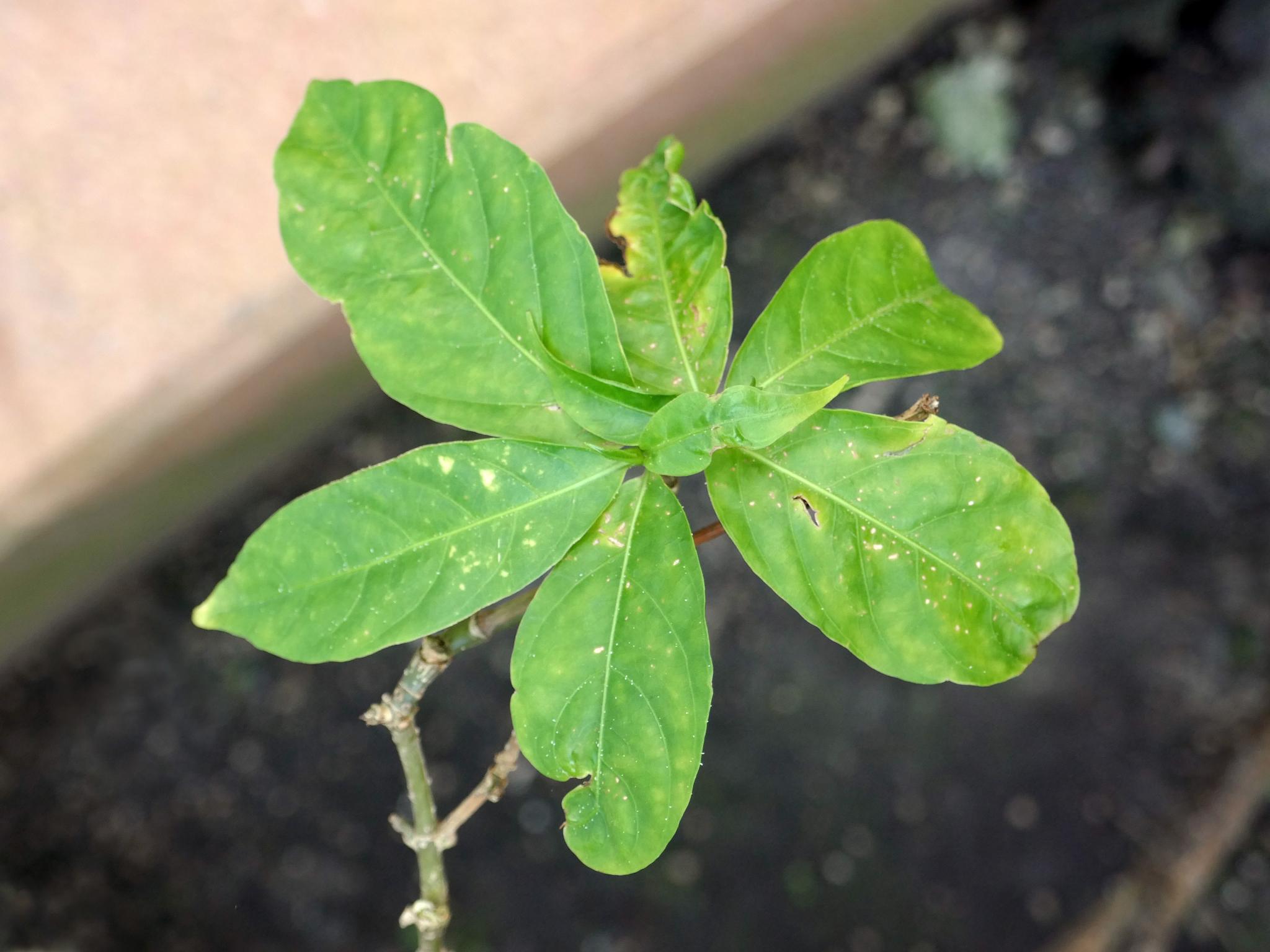
According to a recent study published in the Frontiers in Psychopharmacology journal, the psychoactive substance ibogaine could block some addiction-related effects of alcohol.
The study analyzed the effects of ibogaine in mice through the model of addiction known as “conditioned place preference” (CPP), which measures the tendency for animals to spend more time in a chamber where they had been trained to expect a reward. Following this model, the researchers found alcohol-induced CPP in mice, highlighting its addictive properties, while ibogaine did not. The study was carried out by a large group of scientists from Ilheus, Brasília and São Paulo, Brazil and Mississippi.
“We found that ibogaine did not have rewarding effects itself, but it did block the expression of ethanol reward in a model that can commonly be referred to as a pre-clinical model of relapse,” said Lais F Berro, author of the study from the Universidade Estadual de Santa Cruz, Brazil and University of Mississippi Medical Center. This way, the findings provide more evidence that this particular substance may have therapeutic value for the treatment of alcohol addiction. “While these substances are generally classified as Schedule I, alleging no established medical use and a high drug abuse potential, there is growing evidence showing that they might be safe and effective tools for short-term interventions in the treatment of addiction and other psychiatric disorders,” explained Berro.
The study concluded that the “findings add to the literature suggesting that psychedelics, in particular ibogaine, may have therapeutic properties for the treatment of alcohol use disorder at doses that do not have rewarding effects per se”.
There could be, however, other problems. An earlier study on ibogaine called “The Anti-Addiction Drug Ibogaine and the Heart: A Delicate Relation,” explored the problems related to ibogaine’s condition as a “vast, uncontrolled experiment,” and the possible links between the substance and heart valve complications.
Photo: Courtesy of Wikimedia Commons








